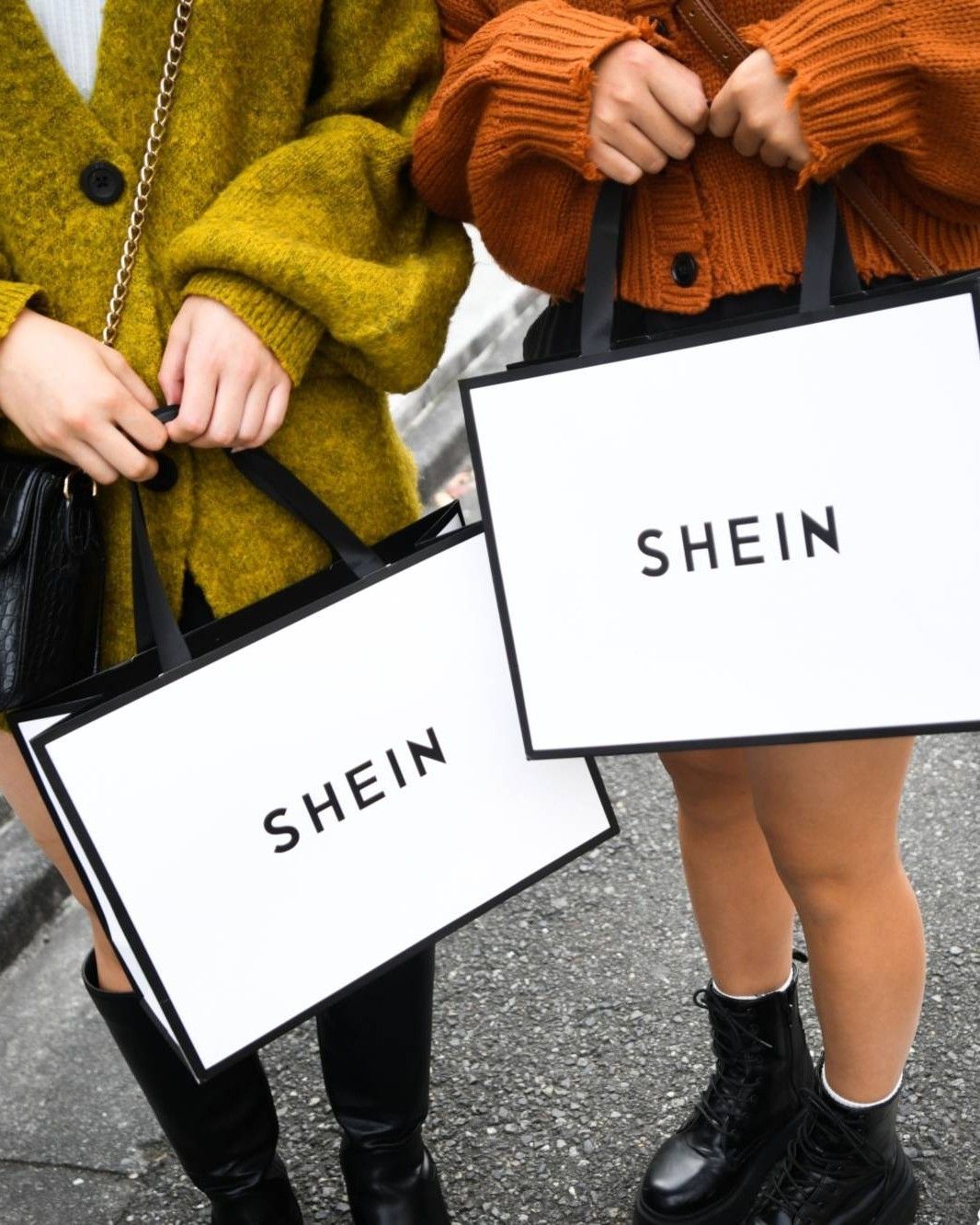
Shein wants to work with small Italian businesses Does the ultra-fast-fashion company want to get into craftsmanship?
For Shein, one of the world's leading ultra-fast fashion companies, Italy is becoming increasingly important. This was explained in an interview with MF Fashion by the EMEA president, Leonard Lin, and it is also confirmed by the sales data of the marketplace in the country. According to a recent study by Stileo, six out of ten Italians are consumers who have purchased products considered ultra-fast fashion; only 19% of survey respondents claim to have never shopped on platforms like Temu and Shein and have no intention of doing so in the future. Now, as Lin stated to MF Fashion, the company is preparing to strengthen its positioning in the West: first with its stock market listing in London, for which no information could be disclosed, and then with a project of collaboration with Italian small and medium-sized enterprises. Alongside Italy, according to Lin, Shein is also working to establish itself further in Turkey, where it has a network of manufacturers to reduce shipping costs in light of the potential tariffs from China that Europe may impose.
@teleport.app Gen Z loves both Shein and thrifting. How do younger consumers reconcile shopping ultra fast fashion on one hand, and secondhand on the other? CBInsights found that 1 in 7 U.S. fashion consumers think it’s a faux pas to be photographed in an outfit more than once. More than once. We need more Lizzie McGuire outfit repeaters! Source: The New Consumer & Coefficient Capital 2024 Consumer Trends Report #sustainablefashion #secondhandfashion #fashionrevolution #fastfashion #thrifting #shein #genz #sustainability Succession Main Theme - L'Orchestra Nazionale di Mendoni
In the past two years, Shein has opened a distribution center in Stradella, Pavia, which primarily serves «Southern Europe, including Italy, Spain, and Portugal», said Lin. Additionally, the company's EMEA president added, «we are currently members of Assolombarda and Anitec, Italian trade associations that support us in our integration and development in the local context». Now, Shein is working to ensure that more and more Italian brands join its marketplace, Lin added, while the “incubator” project Shein X (a project that allows creatives and designers to access the Chinese company’s infrastructure to produce and sell their collections) has so far involved 155 Italian designers. «Italy is the most represented country in Europe», said Lin.
Although Shein’s fashion has attracted a large number of Italian consumers, the country seems divided between low-cost fashion and ethical concerns. According to Stileo’s report, Fashion Research 2024, 53% of respondents are uninterested in shopping on ultra-fast fashion websites as they believe the products offered are low quality. 31% are concerned about the impact of marketplaces like Shein and Temu on the environment, as well as the working conditions of employees in their factories. Regarding the tariffs Europe aims to impose on ultra-fast fashion imports—an initiative designed to help local producers and companies—54% of users surveyed by Stileo are in favor, even if it means paying more for products purchased on overseas websites. While Shein’s rise to power has so far seemed unimpeded, new laws like the Digital Passport for items could slow the growth of the Chinese giant. Shein is nevertheless preparing for the impact: alongside its stock market debut in the United Kingdom and the establishment of a shipping hub in Turkey, Lin stated that the company is working on a digital passport that complies with European standards.















































